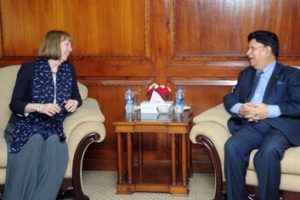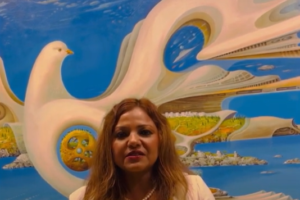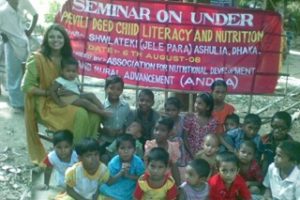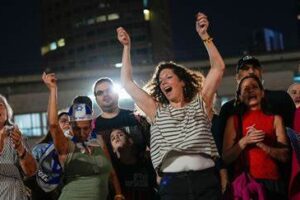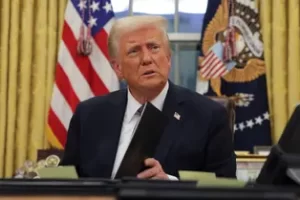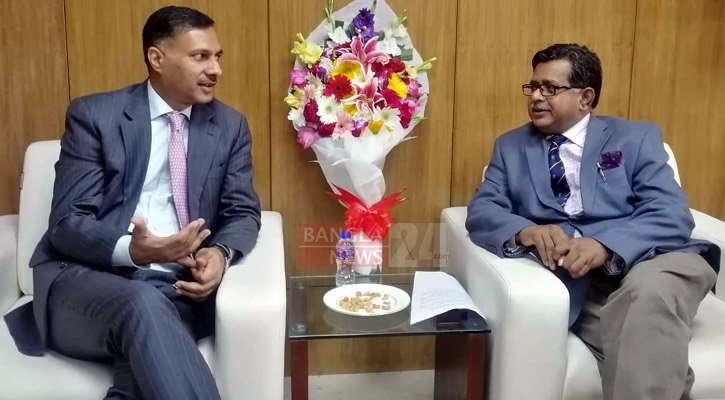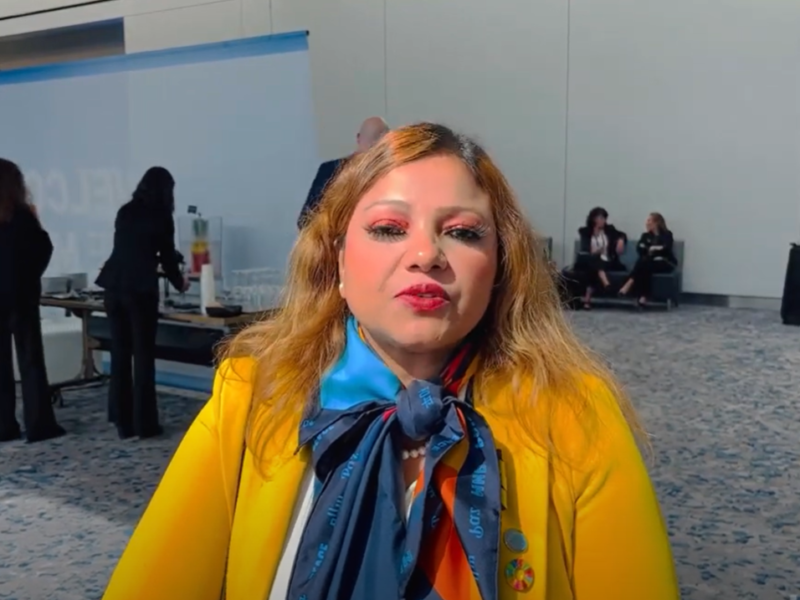A wave of violence has struck the central Philippine island of Negros, where at least 20 people have been killed in recent weeks in attacks that rights groups have tied to President Rodrigo Duterte’s efforts to suppress critics and opponents.
The latest attacks occurred Saturday, when two people, a former town mayor and his cousin, were killed by unidentified gunmen. The local police said the killings were carried out by communist rebels, an assertion that the rebels and rights activists dispute.
The former mayor, Edcel Enardecido, 60, was a known supporter of the local wing of the New People’s Army, the armed unit of the underground Communist Party of the Philippines, which has broken off peace talks with Duterte’s government.
The police said that the two were ambushed by masked men who emerged from several vans in the town of Canlaon. Left-leaning groups have denied any connection to the killing of the two.
Also killed on the same day were two local leftist politicians, Bobby Jalandoni and Ernesto Posadas.
Brad Adams, Asia director of Human Rights Watch, noted that Negros, a sugar-producing region, has had a long history of bloodshed, stemming from communist insurgency, poverty and abuses in a land reform program.
The recent violence escalated after the July 18 killings of four policemen, which the authorities blame on the New People’s Army. The police said that the officers were tortured before being executed, an assertion that the rebels denied. Duterte offered a reward for the capture of the killers.
“Responsibility for the killings remains unclear,” Adams said. “But both the government and the NPA should take all necessary measures to end unlawful attacks, either by their forces or armed elements linked to them. Killing civilians and captured combatants are war crimes.”
Duterte’s spokesmen were not immediately available to comment on the burst of violence and accusations that the government was behind it.
Local officials and politicians worry that the latest killings mark a worrisome return to Negros’ history of political violence.
“Negros, the island I was born in, is dripped in blood,” said Neri Colmenares, a left-leaning politician who lost his bid for the Senate in May.
“I strongly condemn the killings, which were committed with brazenness as if the perpetrators were not afraid at all of being accosted by the police,” said Colmenares, a vocal critic of Duterte’s drug war. “The perpetrators must be reminded that President Duterte will not be president forever.”
Rights monitors said the weekend killings bring to 20 the number of people slain in Negros during the past two weeks. On Thursday, a 64-year-old man was fatally shot by men who forced their way in into his home. That same night, a high school principal and his sister, another educator and a village official were also killed.
Roel Degamo, the provincial governor, said he had ordered the local police to conduct a “thorough” inquiry into the killings. “This must stop,” he said, but he played down the killings as being isolated incidents.
Edre Olalia, a spokesman for the National Union of People’s Lawyers, tied the rash of killings to vigilante violence connected to Duterte’s drug war, which has become a convenient excuse to target critics of his rule. “Civilians need protection from the government,” he said.
“The so-called war on drugs is actually a war on the poor and dissent under the guise of a populist yet brutal approach to the drug menace that has gone from bad to worse under Mr Duterte,” he said.
The local Catholic church has protested the outbreak of violence by vowing to ring the church’s bells every Sunday night until the killings stop.
During an address to Congress last week, Duterte said the drug war would continue until his term ends, despite criticism from rights groups.
“Believe me, I will end my term fighting,” Duterte said. “It has been three years since I took my oath of office and it pains me to say that we have not learned our lesson. The illegal drug problem persists, corruption continues.”





